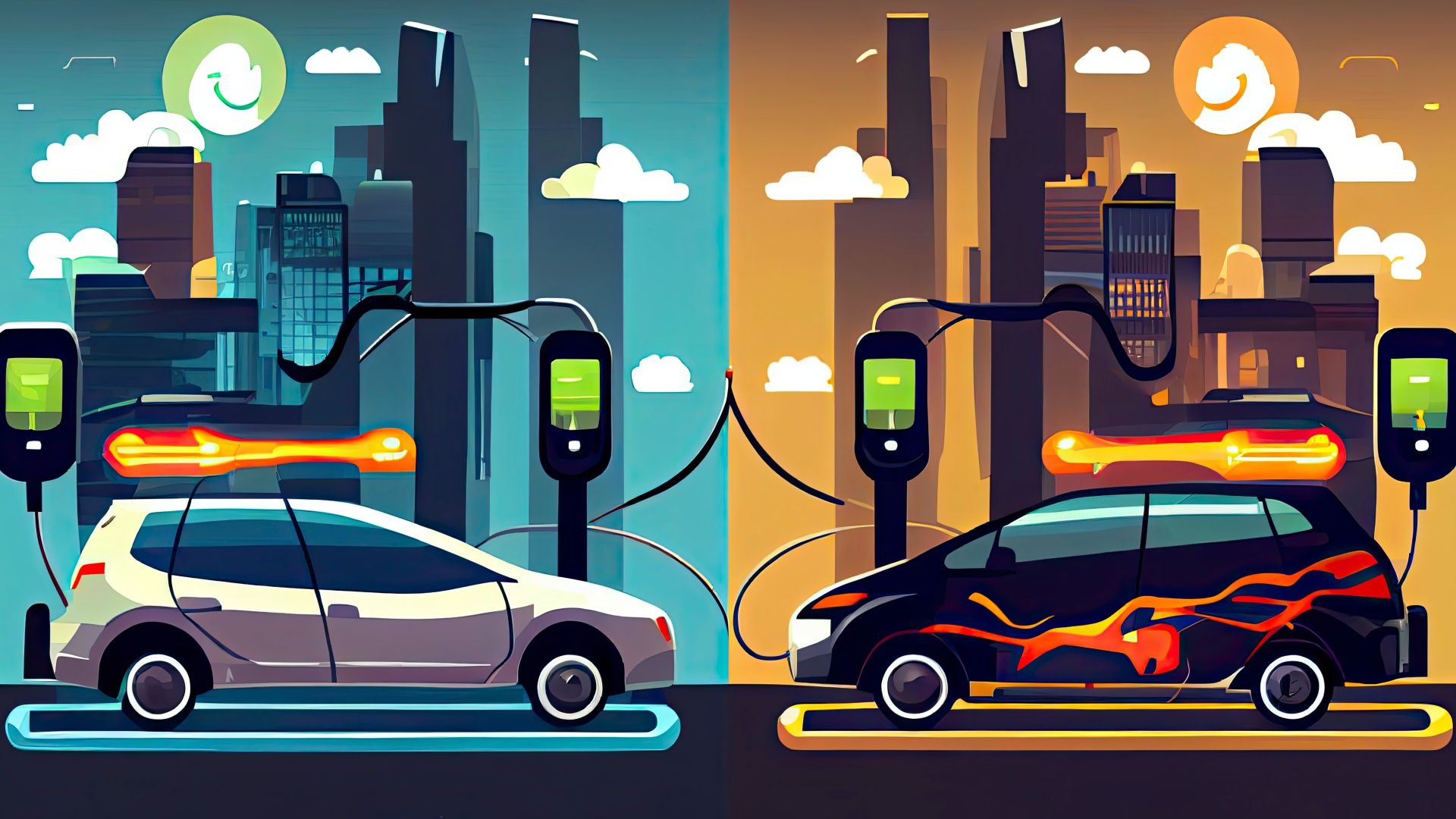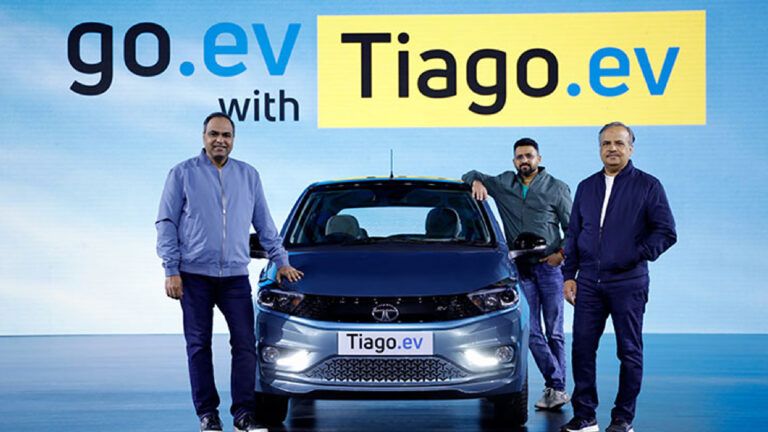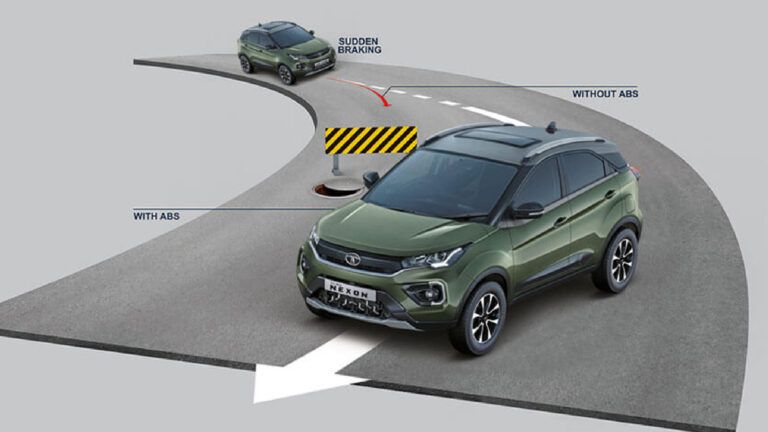Imagine cruising down the road in your electric car, knowing you’re doing your bit for the environment and not stressing about range anxiety. Why would you? You know that the government has been pushing for EVs for years now and developing the infrastructure for it. Moreover, you see electric cars making headlines more than any other type of vehicle. Also, many automakers have set ambitious goals to go fully electric.
However, recent sales figures show that not everyone is ready to ditch ICE vehicles just yet. Interestingly, witnessing a slowdown in EV sales in some of the biggest markets, like the US and China, automakers are reassessing their strategies.
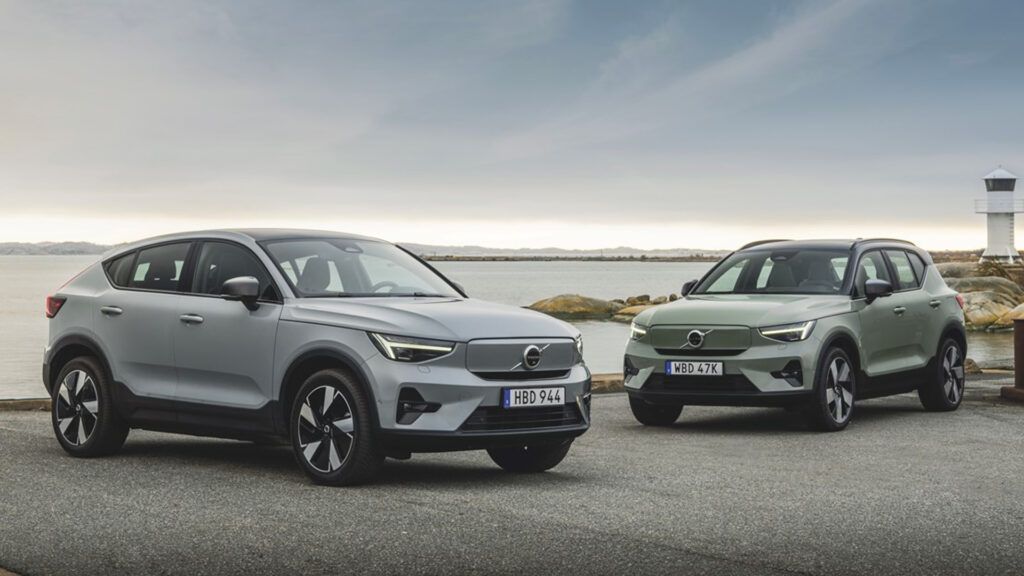
For instance, Swedish automaker Volvo recently announced shifting its focus to hybrid. However, the carmaker isn’t abandoning its electric ambitions. The company still aims to have 50% of its sales come from fully electric cars by 2025, especially in regions like Europe. However, hybrids are now part of the plan to cater to customers who need more flexibility.
The latest trend in the auto world suggests that hybrids, especially plug-in hybrids (PHEVs), are attracting the attention of car buyers globally. Why? What’s so special about them? Well, these cars combine an internal combustion engine with an electric motor and battery. It’s like having the best of both worlds: you get the convenience of traditional fuel and the benefits of electric power.
When choosing a new eco-friendly car, you might weigh the pros and cons of hybrid vs. EVs. While both options offer environmental benefits, hybrids can often be more cost-effective than its counterpart.
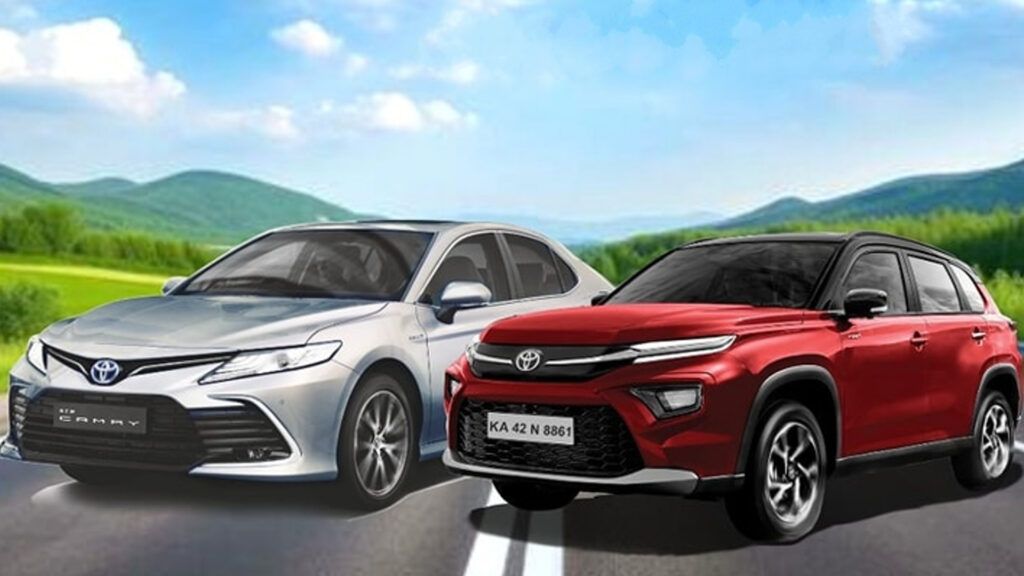
Lower Purchase Prices
Hybrid cars in India typically come with a lower price tag than fully electric cars. For instance, the Maruti Suzuki Grand Vitara Hybrid (starting price of ₹10.70 lakh) and Toyota Urban Cruiser Hyryder (₹10.86 lakh) in the subcompact SUV segment cost less than the Nexon EV (₹14.49 lakh) and Mahindra XUV400 (₹15.49 lakh). Even the Honda City Hybrid (₹19.00 – 20.55 Lakh) is cheaper than many electric sedans in the Indian market.
While EV prices have been decreasing in India, they are often costlier than hybrid cars due to the cost of advanced battery technology. So, if you’re budget-conscious, a hybrid can provide several benefits of electrification at a more affordable initial cost.
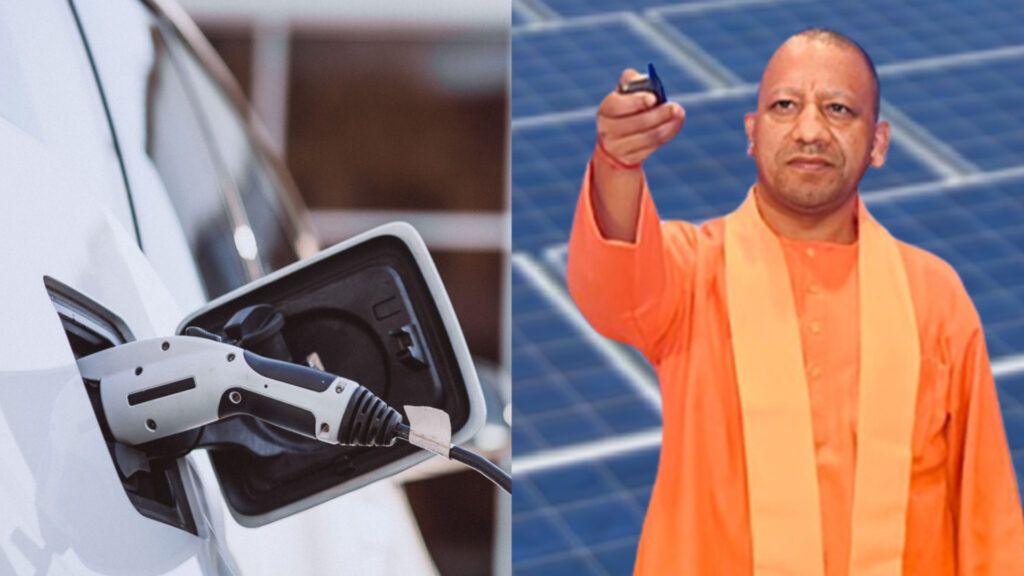
Government Incentives
In some regions, hybrid vehicles are receiving tax incentives that make them more affordable. For instance, the Uttar Pradesh government exempted the registration fee of 100% for hybrid vehicles.
While EVs attract a GST rate of 5 per cent in India, hybrid vehicles incur a total tax rate of 28 per cent. However, Union Minister Nitin Gadkari has asked the finance minister to reduce the GST rate to 12 per cent to encourage Hybrid cars.
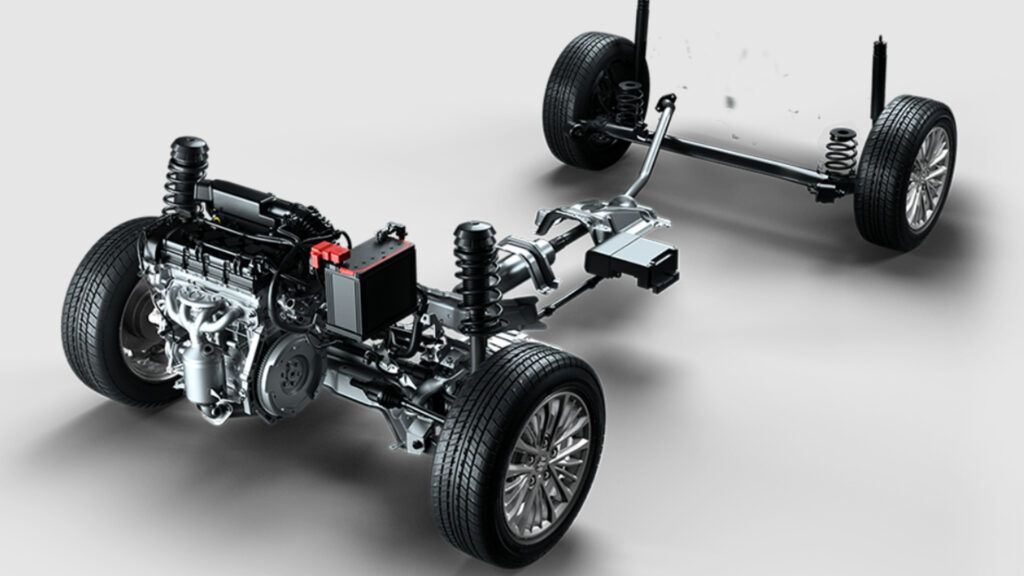
Resale Value
Hybrids generally have better resale value than electric vehicles (EVs). Also, EVs rely heavily on their batteries, and their degradation can impact range and performance, potentially affecting resale value.
Meanwhile, hybrids have smaller batteries that degrade less over time. This durability is advantageous when reselling. Furthermore, compared to EVs, Hybrids have been present in the Indian market for a longer time. Buyers are familiar with them, which can positively impact resale value.
However, that doesn’t mean EVs are not as cost-effective as the Hybrids. EVs are known for their lower maintenance costs and fuel efficiency. But even lack of charging infrastructure in the country could affect the cost significantly.

